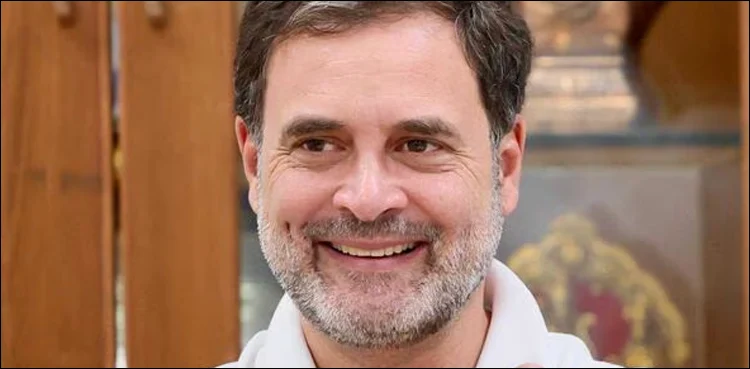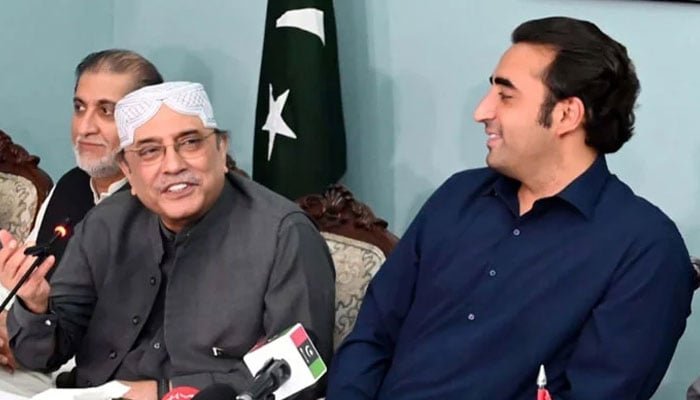In a significant political development, Rahul Gandhi, the leader of India’s Congress party, has been appointed as the Leader of the Opposition in the Lok Sabha, a position that had been vacant for the past ten years. This appointment marks a notable moment for the Congress party and Rahul Gandhi, as the party had previously struggled to secure the necessary number of seats in the last two general elections to claim this important role.
Historical Context
The Leader of the Opposition is a crucial position in the Indian parliamentary system, holding the status equivalent to a cabinet minister. This role includes being a member of various high-level panels, such as those responsible for selecting the Chief Election Commissioners, Election Commissioners, and the Director of the Central Bureau of Investigation (CBI). However, for the past decade, no opposition party, including Congress, had managed to secure the 10 percent of total seats—equivalent to 54 seats—required to officially appoint a Leader of the Opposition.
Recent Developments
The recent general elections have seen a shift in the political landscape, enabling Congress to finally meet the threshold needed for this appointment. Rahul Gandhi, a prominent figure in Indian politics and a scion of the Nehru-Gandhi family, will now assume this significant role. His appointment comes at a time when the Congress party is striving to reclaim its political influence and counter the ruling Bharatiya Janata Party (BJP).
Rahul Gandhi’s Political Journey
Rahul Gandhi’s political career has been marked by both challenges and triumphs. As a leader of the Congress party, he has often faced criticism and scrutiny, particularly during the periods when the party performed poorly in elections. Despite these setbacks, he has remained a central figure in Indian politics, advocating for various social and economic reforms. His new role as the Leader of the Opposition will provide him with a larger platform to influence policy and debate in the Lok Sabha.
Responsibilities and Influence
The Leader of the Opposition plays a pivotal role in shaping legislative debates and policies. With his appointment, Rahul Gandhi will have increased responsibilities, including scrutinizing the government’s actions, proposing alternative policies, and leading the opposition’s response to key issues. His participation in high-level panels will also give him significant influence over crucial appointments and decisions.
Implications for Indian Politics
Rahul Gandhi’s appointment is expected to invigorate the Congress party and its supporters. It provides an opportunity for the party to strengthen its position and offer a robust challenge to the BJP. The role also enhances Gandhi’s political stature, allowing him to lead with greater authority and visibility. For the BJP and other political entities, his appointment signifies a renewed opposition force that could impact future legislative and electoral strategies.
Challenges Ahead
While the appointment is a significant achievement, Rahul Gandhi and the Congress party face several challenges. They must work to consolidate their position, address internal party issues, and effectively counter the policies of the BJP-led government. The role of the Leader of the Opposition demands strategic acumen, persuasive leadership, and the ability to unite various opposition factions to present a cohesive front.
The appointment of Rahul Gandhi as the Leader of the Opposition in the Lok Sabha is a landmark event in Indian politics, ending a decade-long vacancy. This development not only elevates Gandhi’s political role but also marks a potential turning point for the Congress party. As he steps into this crucial position, the coming months will reveal how effectively he can leverage this role to influence parliamentary proceedings and shape the political discourse in India.



